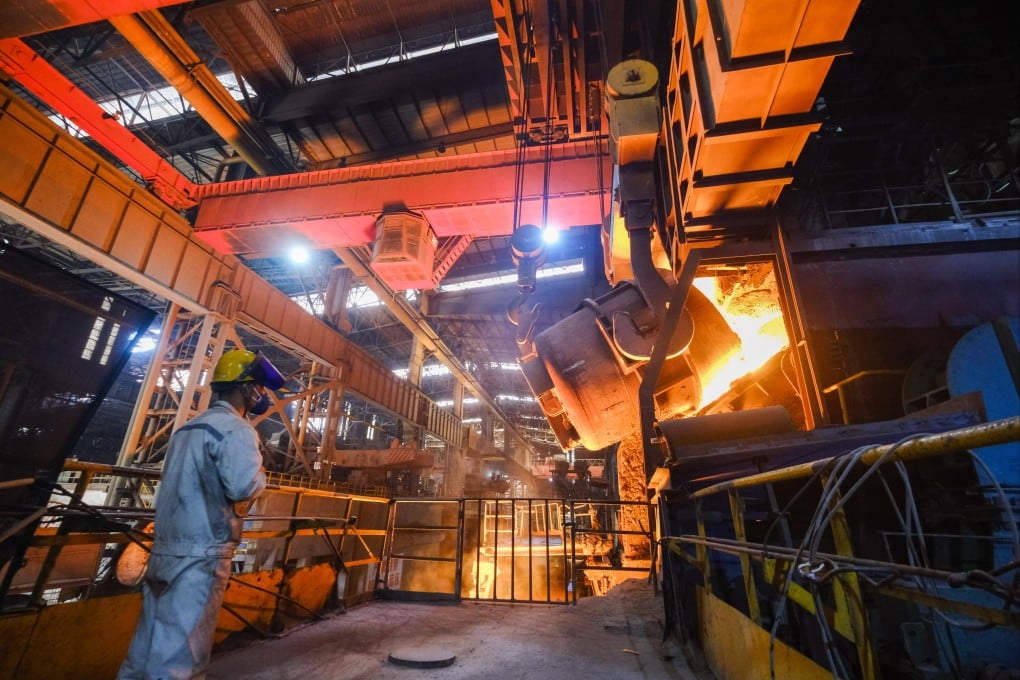UK should keep anti-dumping measures on Chinese heavy steel: trade agency
- Trade Remedies Authority believes tariffs as high as 73.7 per cent should be kept on steel plates used in shipbuilding, equipment manufacturing
- Tariffs were first put in place in 2016, when UK was a member of the European Union bloc

A United Kingdom trade agency believes the British government should keep in place anti-dumping measures on imported Chinese heavy steel plates and has begun a separate review of tariffs on imported corrosion-resistant steel from China.
In an interim report issued Thursday, the Trade Remedies Authority, which was created following Britain’s exit from the European Union (EU), has concluded that heavy alloy and non-alloy steel plates were being dumped in Britain at lower prices than they were being sold in China.
The agency has determined that duties as high as 73.7 per cent should be kept in place until March 1, 2027. The tariffs were first put in place by the EU in 2016 and maintained by British authorities following the UK’s exit from the EU in 2020.
“Our provisional finding is that the UK should retain existing tariffs protecting domestic producers of heavy plate steel, concentrated in Motherwell and Gateshead, from unfair Chinese imports,” Oliver Griffiths, the TRA CEO, said. “The economic analysis has also given weight to the projected negative impacts on the upstream steel supplier if the measures were revoked.”
